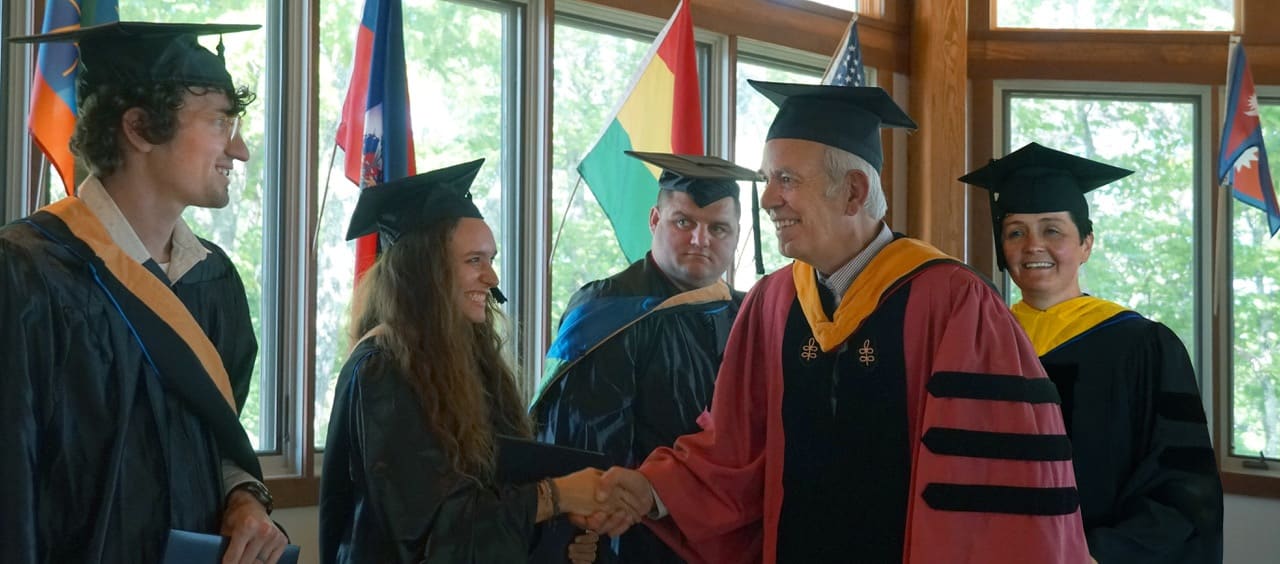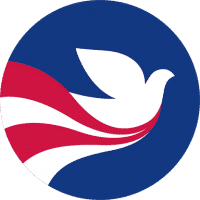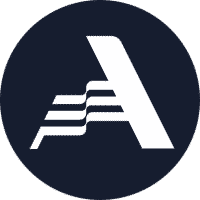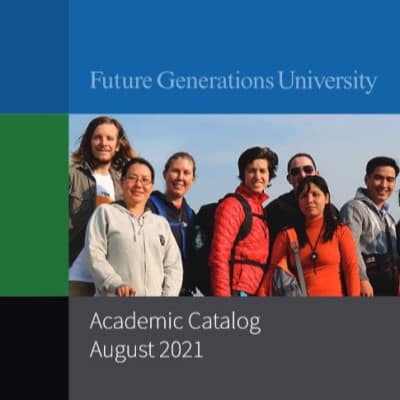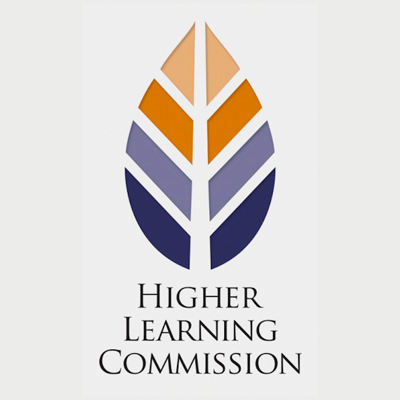An Affordable Online Master’s Program Designed for You
Earn leadership skills for a changing world. Complete the Master of Arts in Applied Community Development online in under 22 months for under $20,000.
Why our Master’s in Community
Development?
Learn from our faculty of experts how to scale up community-driven change that is inclusive and sustainable.
Skills you will learn:
- Non-Profit Management
- Monitoring & Evaluation Priorities
- Social Research Methods
- Fundraising and Resource Development
- Community Conservation
- Resource Mapping
- Communication for Social Change
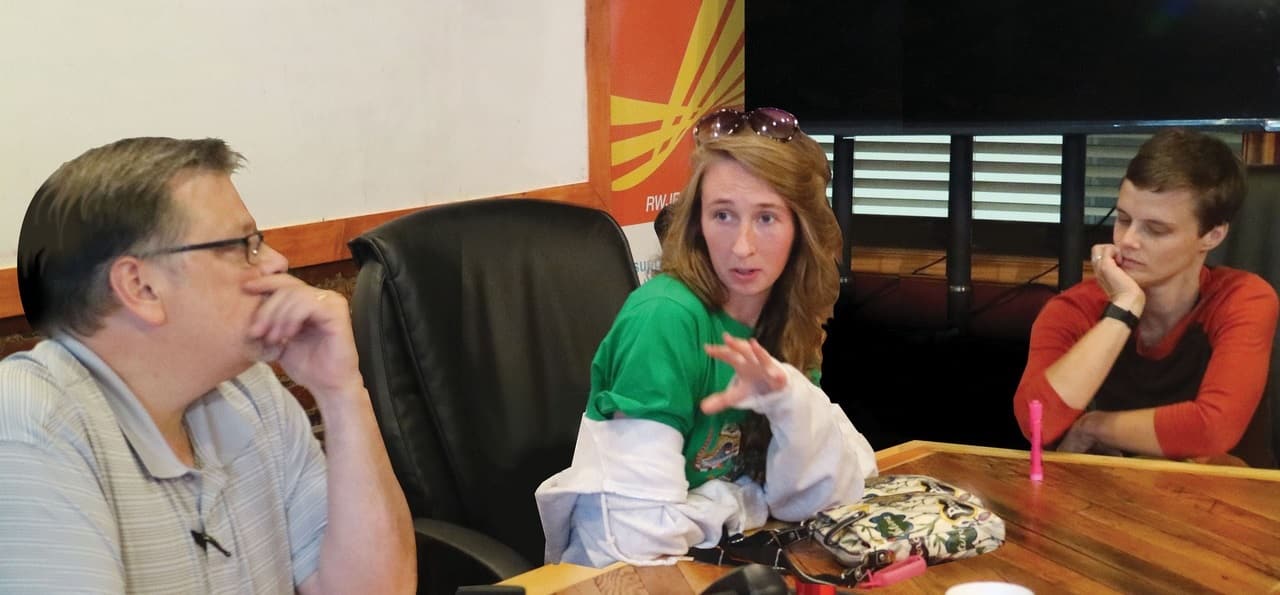
“It has given me project management and leadership skills that will be directly applicable to my chosen career.”
—ASHLEY, USA
Master knowledge & skills
for community change
A Personalized Approach:
- Designed to be flexible around the priorities of the working adult
- Hands-on project-based learning in your community
- Weekly live online classes
- Design the program to fit your goals through independent study and internships
- Earn your degree and make the world a better place at the same time
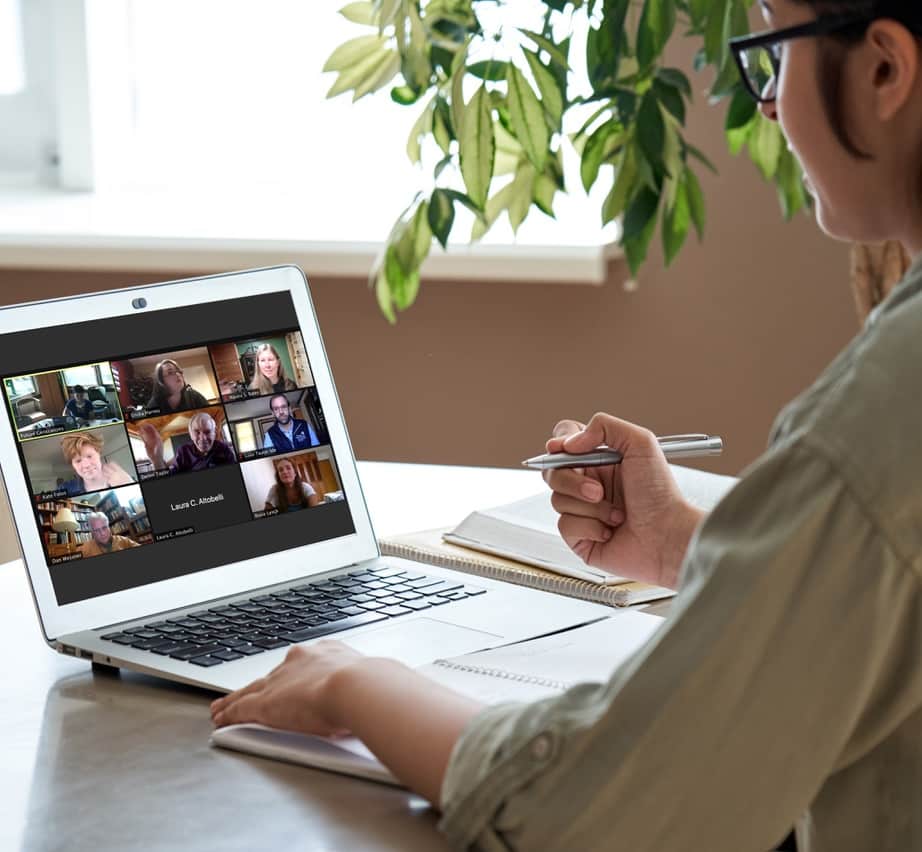
Accreditation
Future Generations University is accredited by the Higher Learning Commission, the largest and oldest accrediting body in the United States. This quality assurance by a federally-recognized body also meets requirements necessary for the institution to receive and manage federal financial aid funds. The accreditation process also provides a periodic opportunity and incentive for the institution to review, assess, and advance the quality of its educational and financial operations
Disability Services
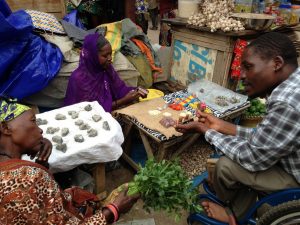 The university encourages everybody to become part of our global network regardless of any potential disability. Personal interviews are conducted with anybody who would special considerations so that we can assist each person in their education journey.
The university encourages everybody to become part of our global network regardless of any potential disability. Personal interviews are conducted with anybody who would special considerations so that we can assist each person in their education journey.
Future Generations University ensures equal educational opportunities for students in the online masters in community development program who qualify as a person with a disability under the applicable laws (Americans with Disabilities Act of 1990 and Section 504). Many students who were under an Individualized Education Plan (IEP) or a 504 Plan during high school will qualify for services, as will many other students who did not receive any specialized services during their K-12 education. It is the students responsibility to email our disability services representative at disabilityservices@future.edu to register for services. Documentation may be required and approved accommodations are determined on an individual basis. It is the students responsibility to inform faculty via letter from our office of the necessary accommodations each semester in order to receive accommodations throughout the semester. Professors are under no obligation to provide academic accommodations until they receive and discuss the accommodation letter with the student requesting accommodations. When a student has asked for disability related accommodations without an accommodation letter, a referral is appropriate and necessary. Faculty or students who encounter problems regarding accommodations are asked to notify Disability Services immediately. We encourage students to communicate with faculty at the start of each semester, but there are no deadlines to register for disability services. Students may disclose a disability to our office anytime during their education at the institution. Faculty may be approached by a student with an accommodation letter anytime during the semester. Though a student may approach a faculty member late in the semester with an accommodation letter, accommodations are not retroactive; that is, the accommodations do not apply to work completed before the students submission of documentation and the determination of necessary accommodations.
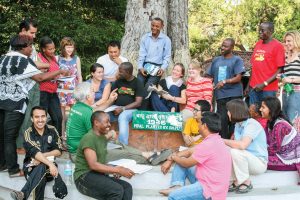 Students in the community development master’s program come from fields of communication, community development, conservation, ecosystem resilience, education, food and water security, linguistics, natural resource management, nonprofit management, peacebuilding, and primary and local health care, research, and sociology.
Students in the community development master’s program come from fields of communication, community development, conservation, ecosystem resilience, education, food and water security, linguistics, natural resource management, nonprofit management, peacebuilding, and primary and local health care, research, and sociology.
1. Gender:
Alumni are 50%* female.
2. Ethnicity, Nation, and Country of Origin:
Future Generations University has an incredibly diverse student body in terms of region, nation, and country of origin. Since the nature of this Master of Arts is applied study and research in the context of our students, they conduct their graduate work in their home communities and countries.
80% of all graduates are from developing nations and continue to work in those countries. Our graduates are located in 40% of the 45 Least Developed Nations in the world^. 40% of those are women.
Our student body extends through the following nations: Afghanistan, Bangladesh, Bhutan, Bolivia, Burundi, Cambodia, Cameroon, Canada, China, Czech Republic, Egypt, El Salvador, Ethiopia, Ghana, Guyana, Haiti, India, Iran, Kenya, Liberia, Libya, Malawi, Mozambique, Namibia, Nepal, Nigeria, Norway, Peru, Rwanda, Somalia, Sudan, Tanzania, Tunisia, The Philippines, Uganda, United States, Vietnam, Zambia, and Zimbabwe.
And across the following US states: Alaska, California, Colorado, Kentucky, Louisiana, Pennsylvania, Rhode Island, Virginia, and West Virginia.
* all percentages are rounded to the nearest 10%
^https://www.un.org/development/desa/dpad/least-developed-country-category/ldcs-at-a-glance.html
The current tuition cost per credit hour is USD$600. The Masters in Applied Community Development degree requires a total of 32 credits to graduate, making the final price of tuition USD$19,200. There are no additional required fees. Students earn this degree from their home using their community and current work as the classroom. Books and materials are generally made available for free on the university’s learning management system.
There are also Residential Courses between semesters; both June/July and January each year. Residential Courses allow students to examine “best practices” of community change and development practice in the field, they pay their round-trip travel to the location and the cost of the credits. All additional program costs are covered by a generous donor.
Students engage their graduate work online and in their community of work and service. They are best equipped to identify and deal with local security concerns. During optional residentials, the university exercises due diligence in providing safe and adequate living
accommodations, venues for field studies, and means of in-country transportation. To view our Annual Security reports, visit our Consumer Information page.
Most Future Generations University students enter and graduate from this program in the same or a related field of community change and development practice. The difference is that their graduate studies enable their advancement in both profession and vocation.
Students typically come from fields of communications, community development,conservation, ecosystem resilience, education, food and water security, linguistics, natural resource management, nonprofit management, peacebuilding,and primary and local health care, research, and sociology.
93 %
of graduates expanded their work to larger areas
90 %
of alumni received a promotion after their degree
79 %
of alumni earned a salary increase
68 %
of students started new programs or organizations
- In 2018, the program transitioned to a student-centered open enrollment model where each study plan is individualized to the student’s needs.
- This has led to higher overall graduation rates.
- 83% Graduation rate – 10 year average
- Review of the last three years:
- 90% – Graduation Rate
- 70% completed in the standard two-year schedule
- 20% completed in less than two years – utilizing prior learning assessment and transfer credits
- 10% took three years or longer to complete – through part-time enrollment and reinstated students
The Academic Catalog provides a Grievance Procedure for student concerns about grading and supervision. To date there has been one student grievance, which was satisfactorily handled according to procedure, leading to the student’s successful completion of her Master’s degree. The university complies with allTitle IX regulations. There have been no student, staff, or faculty complaints under Title IX.
The Higher Education Opportunity Act of 2008 requires universities participating in federal student aid programs to make certain disclosures to enrolled and prospective students, parents, employees, and the public. In an effort to assist students and their families in making informed decisions. Future Generations University has developed a consumer information page to serve as a central point for obtaining information about the institution. Click here to consult that page.

